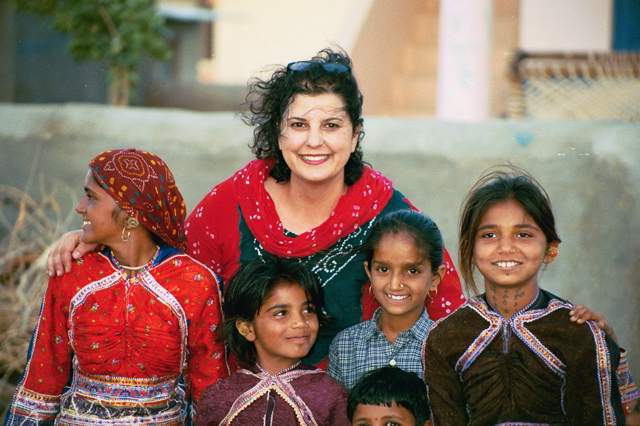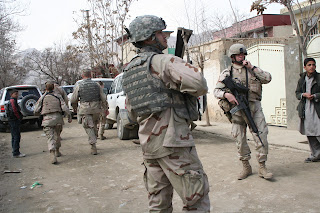
What an oxymoron! “Typical” isn’t a word we could ever use to describe India! Our days as a business team are packed full (in no particular order!) with village visits, shopping, school visits, leadership meetings, strategizing, encouraging nationals, designing, and dreaming. We have visited three schools, about half a dozen villages, several suppliers, and also a few retailers around the city. Visiting the schools was such a refreshment! The children in this area just have a way of brightening the soul. Our new team members, Michael and Jennifer, have very much enjoyed the afternoons with the children, playing tag, blowing bubbles, and encouraging the like-minded teachers. Knowing our work in these villages helps the children makes every bead of sweat from the dusty heat worth it. Our team was also introduced to a new village with a beautiful potential. We’re exploring the idea of starting a small project in this village, whose infrastructure and self-motivation is prize-worthy. We feel like we could learn just as much from the cooperation of the villagers, and from their desire to better themselves and their village, as they could learn from our economic development training. We have been incredibly blessed with a devoted Indian man, and see great things coming from his daily presence in this area.
 Traditional Istalif ceramics are a vibrant blue, a color reputedly made from lapis lazuli, which is found in abundance in Afghanistan. Today ceramists also use a green color made from copper, brown made from the powder found inside batteries, and yellow made from the ash that forms after burning a local plant. Afinal layer of glaze is added before firing.Istalif will of course take time. With no electricity in the village, each stage from kicking the pottery wheel to grinding the glazes and colors to stoking the kiln with wood – requires pure physical labor.
Traditional Istalif ceramics are a vibrant blue, a color reputedly made from lapis lazuli, which is found in abundance in Afghanistan. Today ceramists also use a green color made from copper, brown made from the powder found inside batteries, and yellow made from the ash that forms after burning a local plant. Afinal layer of glaze is added before firing.Istalif will of course take time. With no electricity in the village, each stage from kicking the pottery wheel to grinding the glazes and colors to stoking the kiln with wood – requires pure physical labor.




























